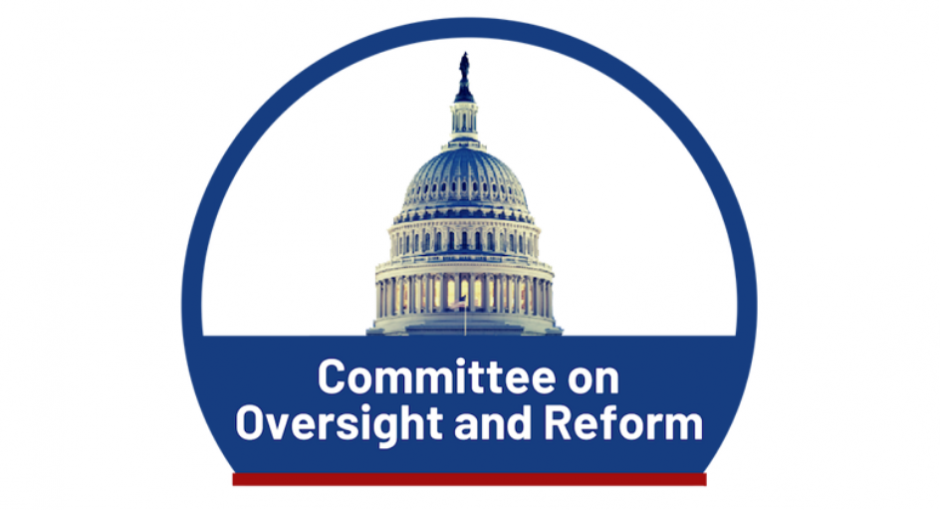The Democratic-led U.S. House Oversight and Reform Committee is holding a hearing this Thursday to review the findings of its nearly three-year investigation into drug industry pricing and business practices.
The Dec. 9 hearing starts at 10:30 a.m. Eastern. It’s unclear if the event means the investigation is over. Whether the committee plans to issue a final, capstone report is also unknown.
The announcement says the hearing “will examine findings from the investigation as well as the need for structural reforms to lower prescription drug prices, including President Biden’s Build Back Better Act, which would finally allow Medicare to negotiate for some of the most expensive drugs, prevent drug prices from rising faster than inflation, and place a cap on out-of-pocket costs for patients, including co-pay caps on insulin.”
The committee has released eight staff reports, including one on Celgene and Bristol Myers Squibb’s myeloma drug Revlimid, also the subject of a 340B Report six-part investigative series this year. Our series explored allegations by a former Celgene executive that the makers of Revlimid have not paid 340B pricing on nearly all sales since 2015, boosting profits by hundreds of millions of dollars per year.
The House committee also issued reports on the pricing and business practices of Amgen and Novartis—both of which have curtailed 340B pricing in sales involving contract pharmacies—plus those of AbbVie, Mallinckrodt, and Teva.
Although the committee’s investigation didn’t focus on the 340B program, it might come up during Thursday’s hearing.
Announced witnesses include Rena Conti of Boston University, who has written or co-written studies that raise questions about hospital participation in the drug discount program. More recently, Conti co-wrote a study that shows that more than 70 percent of U.S. spending on top-selling “partial orphan drugs”—drugs for rare diseases that also are approved to treat common diseases—is for non-orphan indications. Policymakers who “wish to decrease the rewards for repurposing a common disease drug to treat rare disease” might consider limiting the 340B discount exemption “to instances in which the drug is used for the rare disease for which it has orphan drug designation,” Conti and two other researchers said. David Mitchell, the president and founder of Patients for Affordable Drugs, also is slated to speak. Mitchell has questioned suggestions that restricting the 340B program will lead to lower drug prices.


